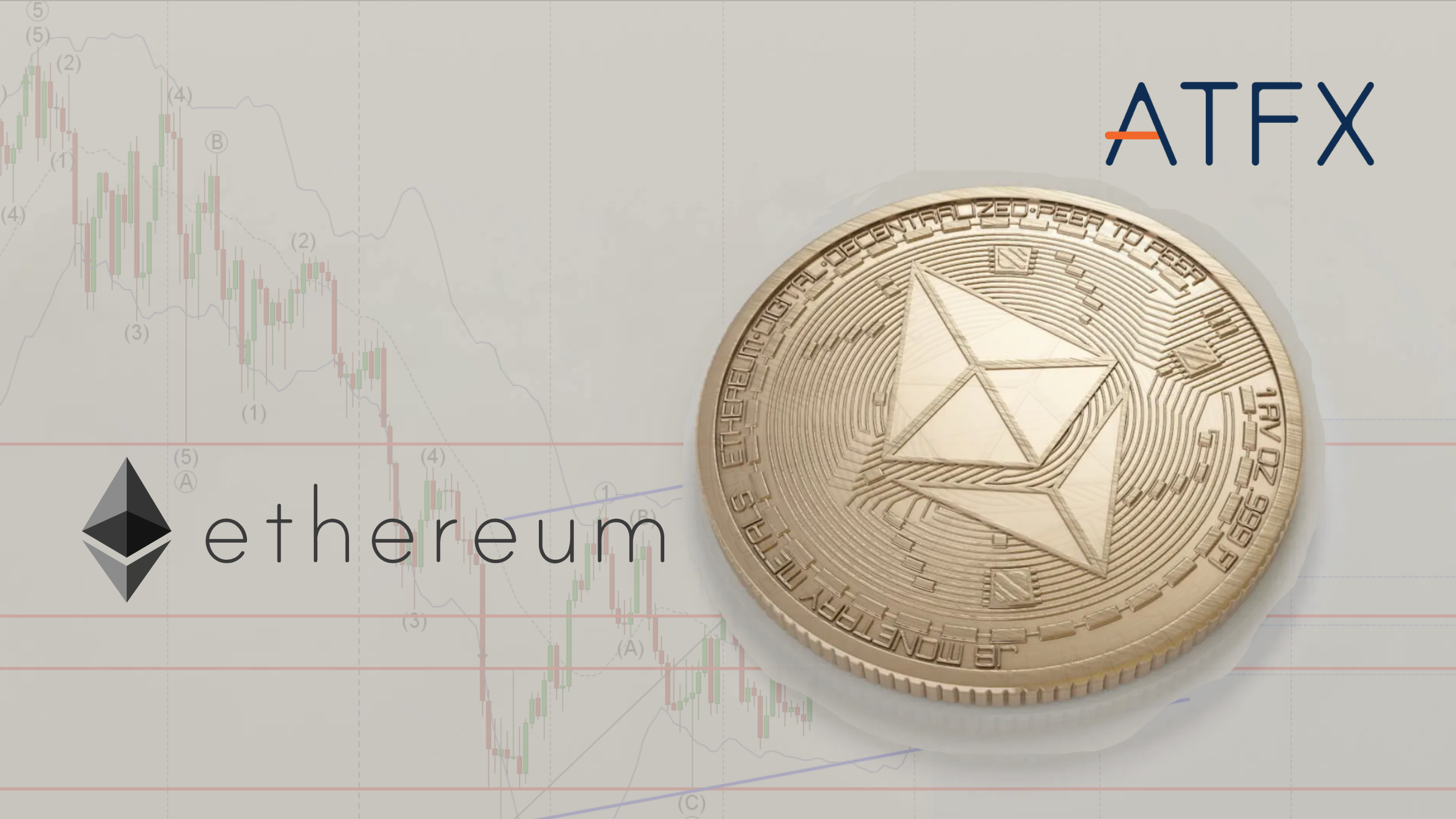Another blockbuster meeting regarding the Bank of England’s interest rate decision will be held tonight. Market research shows that the Bank of England may raise interest rates for the fifth consecutive time in an unprecedented decision, from 1% to 1.25%. Like the United States, inflation in the UK is soaring, with inflation rising sharply in April, soaring to 9% annually to reach a 40-year high. However, the market is divided on whether UK inflation has peaked or not.
The Bank of England was embarrassed that the UK’s April GDP data was not optimistic as the economy unexpectedly contracted by 0.3% month-on-month, missing the expected slight expansion of 0.1%. The sluggish economy limited the Bank of England’s interest rate hiking capacity, including how to effectively calm soaring inflation without exacerbating the recession, which has become the biggest problem for the Bank of England. Therefore, in the context of the UK domestic economic situation, the market expects most BoE officials to support a 25 basis point rate hike, which is more modest than the previous 50 basis point hike.
As for the impact of interest rate hikes on the British pound, the market is currently pretty bearish on the pound’s future direction. On the one hand, the weakness of the British economic data has limited the Bank of England’s ability to implement a more aggressive interest rate hike policy to curb inflation. On the other hand, the United States Federal Reserve just announced a 75 basis point rate hike as the market prepared for more aggressive interest rate hikes. However, Fed Chair Jerome Powell warned that a 75 basis point rate hike is not a common practice, which limited the dollar’s gains to a certain extent. However, changing the pound’s pressure expectations is difficult since the pound against the dollar still has the risk of falling below 1.20.
On the other hand, UK inflation is proving challenging to suppress, and interest rate hikes, although limited, are expected to continue. Economists believe the Bank of England could raise interest rates again in August and November and announce another rate hike in May 2023. Many expect the central bank to raise the benchmark lending rate to 2% by this time next year, which also exacerbates fears that the UK economy is in a recession and makes the pound’s outlook uncertain. However, in the end, the pound’s future direction will rely heavily on the Bank of England’s decision to raise interest rates this week. Investors will be watching to see whether there is a change in the BoE’s position and attitude towards future rate hikes.
Markets are also watching the draft legislation unilaterally introduced by the United Kingdom to rewrite the Northern Ireland Agreement, which is part of the post-Brexit trade agreement under which Northern Ireland remained in the EU’s single market after Brexit. However, certain goods entering Northern Ireland from the UK are subject to regular customs checks to preserve the integrity of the EU’s single market. At the same time, the UK side wants to reduce this series of customs checks, a move that the EU strongly opposes.
If the British side insists on altering the agreement, it may trigger an escalation of tensions between the United Kingdom and the EU, increasing the risk of a future trade war between the UK and the EU. Such a trade war would negatively affect the pound’s future trends.
As things stand, the growth outlook for the UK economy is being challenged by multiple factors, with rising inflation due to soaring energy prices being the main culprit. The UK Office for National Statistics has said that the average price of gas and electricity in the UK rose by 53.5% and 95.5%, respectively, year-on-year in April. Moreover, suppose Europe imposes a comprehensive embargo on Russian energy supplies. In that case, the UK inflation levels will likely remain high, and the high cost of production will eventually be passed on to consumers.
Soaring inflation, labour shortages, limited interest rate hikes and other thorny issues are testing the UK authorities. Furthermore, whether energy prices keep rising is crucial to the UK’s economic prospects.


